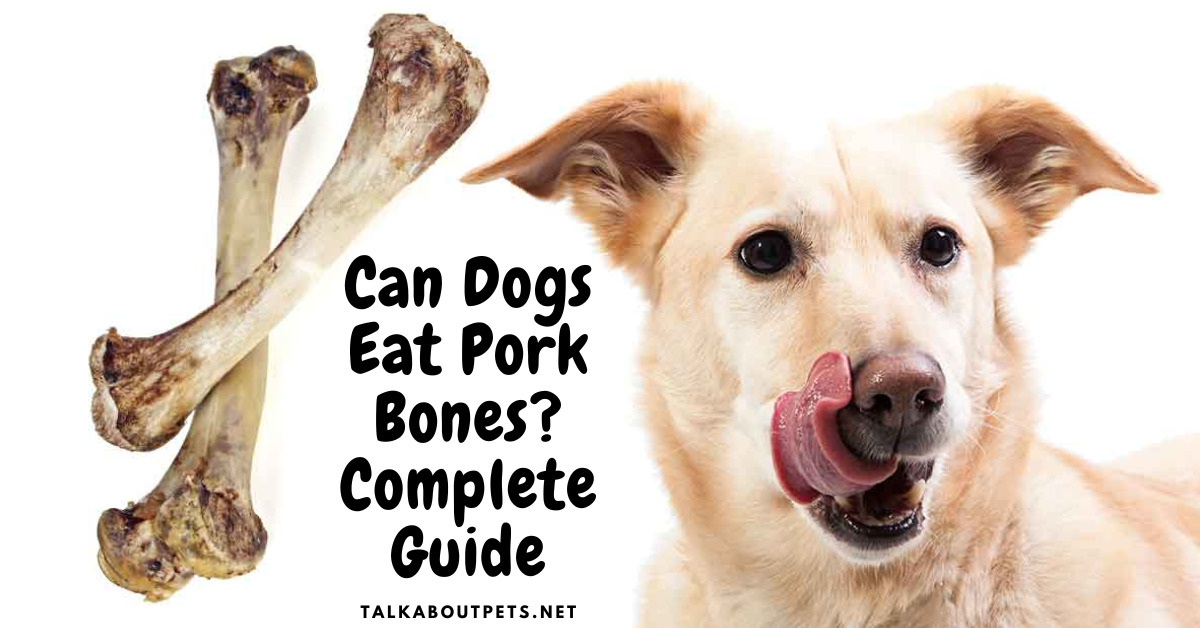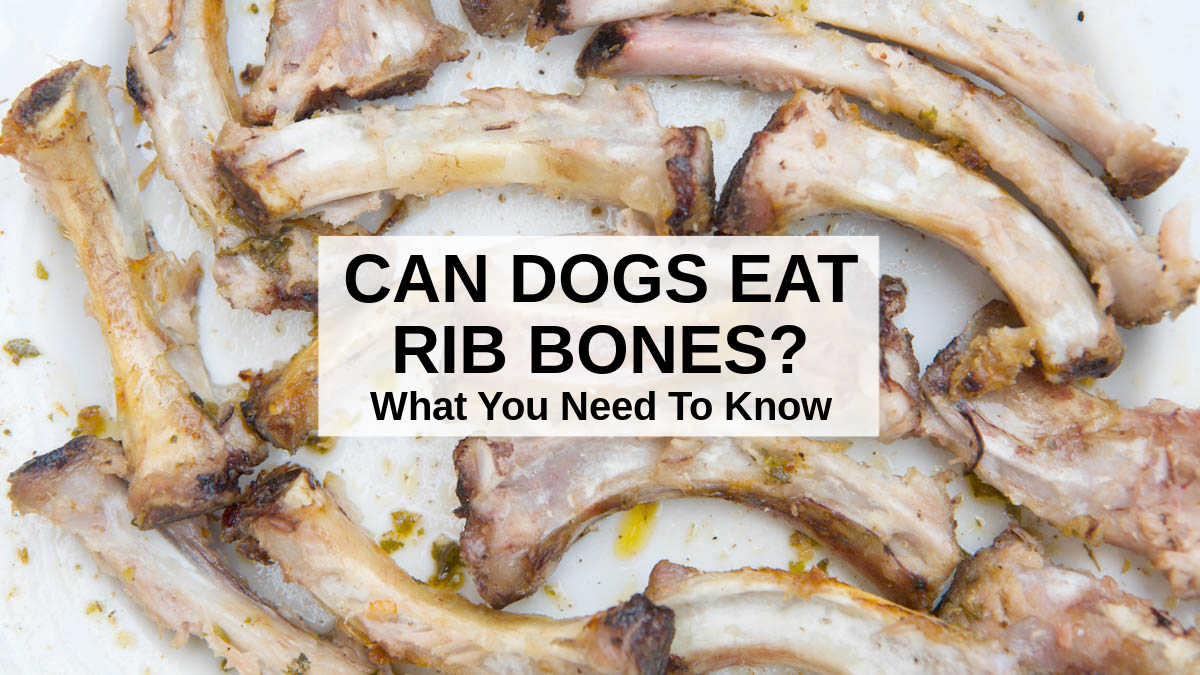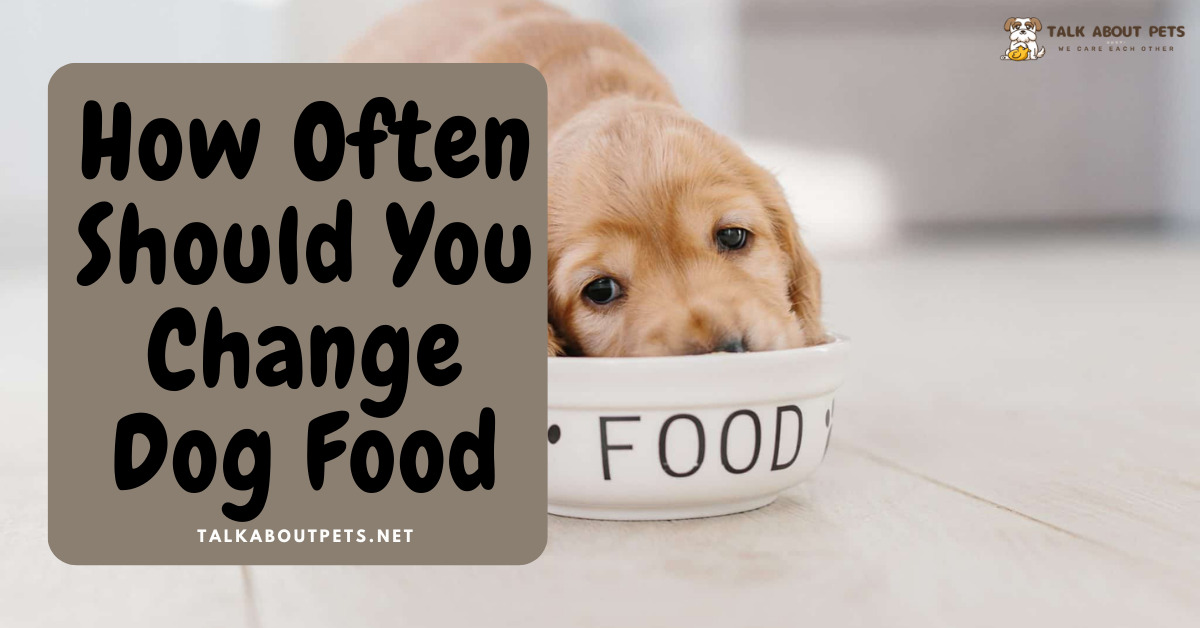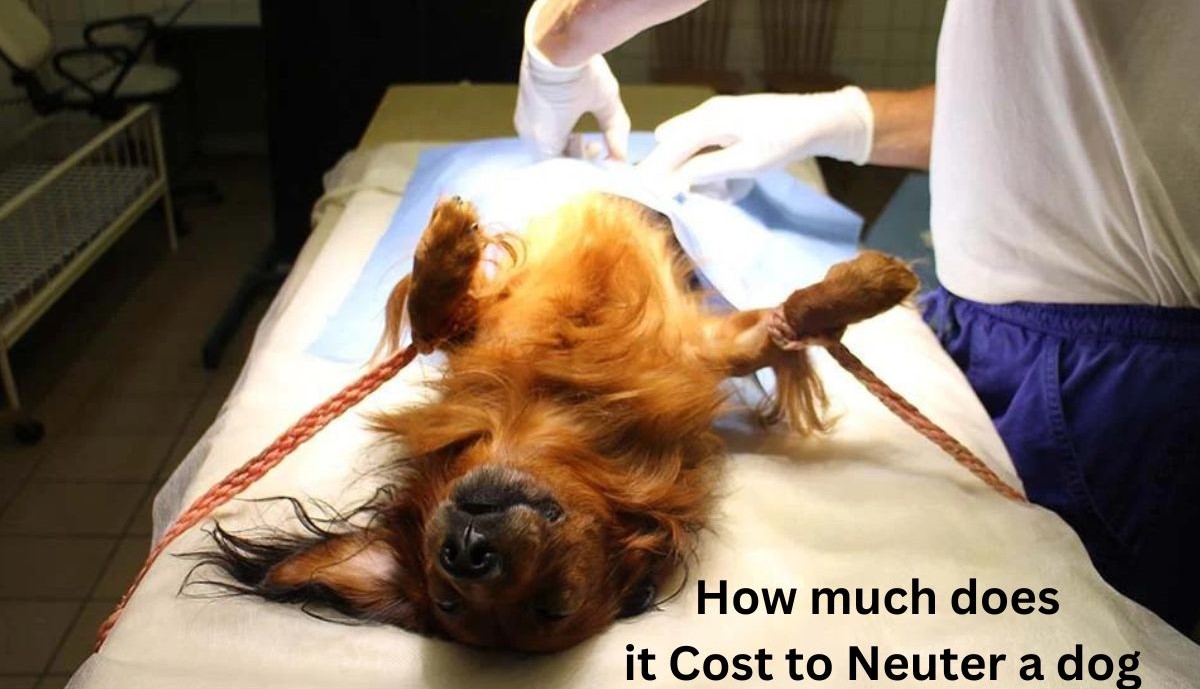Certain foods can be harmful or poisonous to dogs! This article will talk about one of these potentially toxic foods. It is too often overlooked.
Many dog owners think that cooked meat, chicken, fish, and/or beef are safe to eat. Because their dogs do not seem ill after eating it.
But, some types of food can contain bone fragments that are left over from the processing of the meat.
These bone fragments may break down in your dog’s digestive system and cause gastrointestinal (GI) problems.
This article will discuss what bones are, how they affect dogs, as well as some tips for avoiding pork bone exposure and any symptoms your dog might have.
Pork anatomy
Now that we have covered some basic dog information, let us talk about pork! Many people wonder if it is safe to cook fresh meat at home for your canine companion. Or whether dogs can eat raw chicken wings or other cooked meats.
Pork comes from an animal called a pig. Like any mammal, pigs are born with their teeth developed.
This is different than many species of animals that lose most of their adult teeth as they get older.
Some puppies remain immature until around six months when their final set of teeth comes in.
During this stage, part of the tooth development is lost due to them not being used. If left alone, these missing parts will eventually fall out.
This does not always happen completely. So sometimes a small amount of damage may be caused by something like chewing on a toy containing plastic which then breaks down into acid.
These acids can cause erosion and weak bones or even infection if bacteria get trapped within the bone structure.
When dogs are very young, their digestive systems are still developing. So foods need to be either thoroughly mixed with liquid or else chewed very finely before being swallowed.
This is different than adults where certain things like buttery snacks are consumed.
Does pork harm dogs?
While some theories suggest that eating raw meat can be harmful to your dog, there is no evidence proving this theory. But, most foods are an adequate source of protein for almost any breed!
Many people believe that leftover bones from cooked meats contain small amounts of acid or phosphorus. It can remain in the bone after digestion.
This allegedly imparts an acidic quality to the food, making it more likely to cause digestive issues in your dog.
But, unless your dog eats enough of these leftovers to produce significant levels of acid in their stomachs. It will eventually neutralize them through normal metabolic processes.
Thus, eating too many cooked meat dishes does not pose a risk to your canine companion’s health.
Furthermore, certain types of meat (like chicken) don’t contain much phosphorous content anyway. So even if leftover bones did have high concentrations, your dog wouldn’t get much phosphate from them.
Pork and dog allergies
Many dogs are not able to eat pork due to their sensitivity to a protein in pork called alpha-cysteine.
This can be seen when cooked meat is given to your dog because you will notice sneezing or coughing.
Some people believe that this allergy only occurs if a puppy is exposed as an adult, but this isn’t always the case!
Some dogs remain sensitive into adulthood, even though they have been fed raw or cooked meats as puppies.
This doesn’t mean it is impossible to find a non-pork-eating pup, yet! There may be some specific breeds that are more likely to develop this food allergy.
Can dogs eat pork bones?
While there is not enough information about dog digestion to confirm that. Many veterinarians agree that most dogs don’t have to consume pork bone as part of their diet.
Some theories suggest that some components of cooked meat can be more digested in certain species.
Thus, if your puppy or dog seems very hungry after eating raw meat, you could give them roasted or grilled meat instead. But still, make sure they do not ingest any fat or salt with it.
Never feed your pet food that has been leftover from another animal’s meal, even if it says “meat flavor” on the label.
Cooking time
When baking or toasting pork, there is an important thing to note!
The bones in pork can be eaten by some dogs if cooked long enough. But, this depends on the breed of dog and what stage of digestion they are at when eating the meat.
Dogs that eat raw meat usually are wolf breeds (such as Greyhounds) or very young puppies (six months and under). These types of dogs need all the enzymes that bone contains to aid in digestion.
But, most adult dogs do not need the enzyme phytic acid to help break down the calcium in the bone.
Phytic acid binds with other minerals in the digestive system. It prevents them from being absorbed into the blood. This makes more feces, which often leads to constipation.
If your dog is experiencing health issues such as frequent vomiting, lethargic behavior,
Weight loss and/or diarrhea, then it may be necessary to exclude certain foods for a while until you identify the source.
Storage time
While most dogs are not eating pork bone soup, there is something you can do to prevent it if your dog has already done so.
Since pork bones are very hard, they will usually keep in the mouth for some time until they get broken down into soft pieces.
Dogs that eat large amounts of meat may ingest up to three pounds of raw bone per week.
This is why it is important to ensure that your dog does not have access to leftover cooked or dried meats. Even better, try to avoid feeding your dog any red meat at all since they may consume too much iron.
Bad taste
When dogs eat pork bones, it can sometimes cause vomiting or diarrhea. They may also develop stomach pain or weight loss.
This happens when some of the meat is still attached to the bone. The dog chokes down the rest of the food without chewing it first.
The leftover pieces of meat contain bits of bone that are too hard for the digestive system to break down.
These undigested particles make their way through your dog’s gut where they get stuck and begin to irritate his/her stomach.
If enough acid is not produced in the stomach, then digestion is hindered which could be bad for health.
Dogs who are exposed to raw meat or fish often do not have good skin and oral hygiene due to all the mucus and saliva they produce. This poor dental care can lead to gum disease and other health issues.






